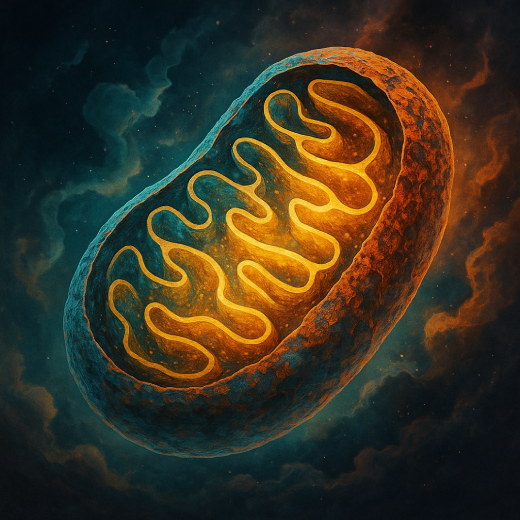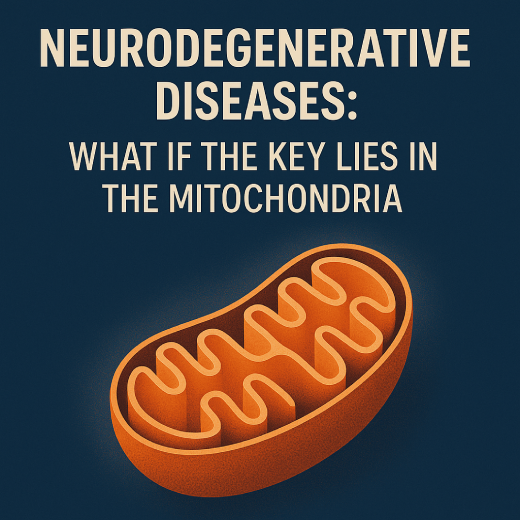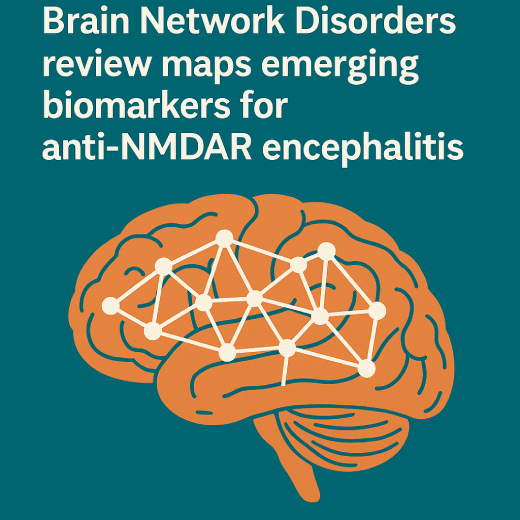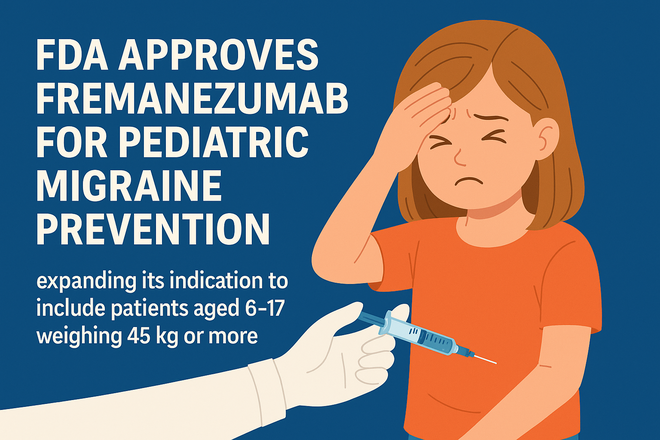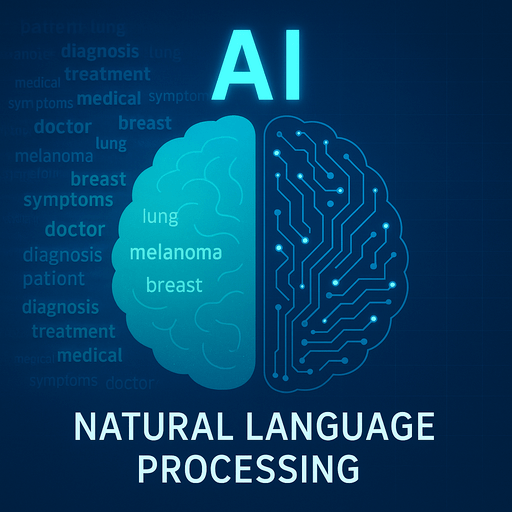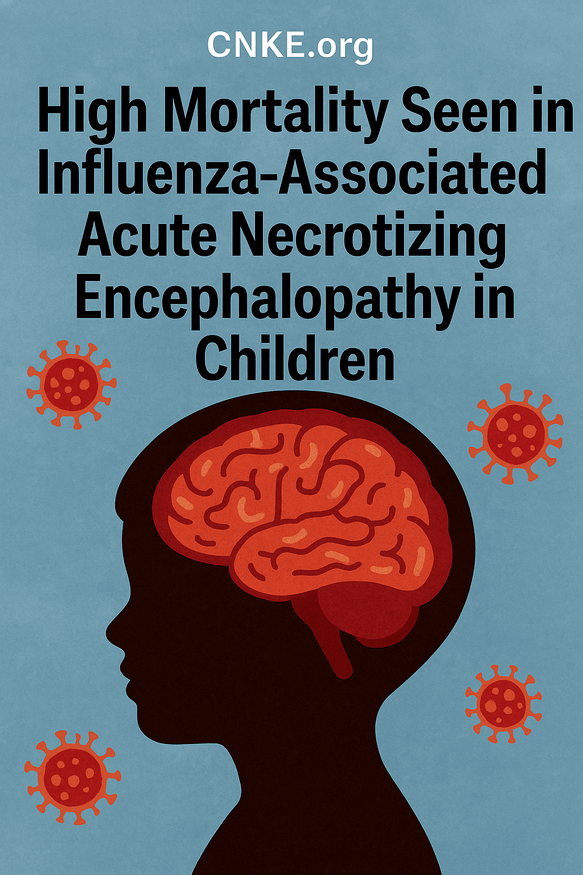Index
Chicago, July 2025 – New research from the Stanley Manne Children’s Research Institute at Ann & Robert H. Lurie Children’s Hospital of Chicago reveals groundbreaking insights into how mitochondria, ancient bacterial descendants within our cells—may be key contributors to two distinct childhood neurological disorders: spinal muscular atrophy (SMA) and autism spectrum disorder (ASD).
Mitochondria, often dubbed the "powerhouses of the cell,” are widely known for their role in converting nutrients into cellular energy. However, recent findings by Dr. Yongchao Ma, a neurobiologist at Lurie Children’s and Associate Professor at Northwestern University Feinberg School of Medicine, illuminate a much broader and more complex role for mitochondria in brain development and neuronal health.
From Energy Factories to Neurological Regulators
Dr. Ma’s laboratory has been exploring how dysregulation of mitochondrial function can influence neurological development. His team discovered that a protein called Fascin, previously studied mainly in the context of cancer, plays a pivotal role in mitochondrial behavior. Fascin was found to regulate mitochondrial fission—the process by which mitochondria divide. Aberrant Fascin activity results in mitochondrial dysfunction, leakage of mitochondrial DNA, and subsequent inflammatory responses that can contribute to motor neuron degeneration in SMA.
“Our lab has been investigating the mechanisms by which mitochondria influence development of neurologic diseases in order to discover new targets for treatment,” said Dr. Ma.
This insight is especially relevant to SMA, a devastating genetic disorder that impairs motor neurons, often leading to muscle atrophy, paralysis, and early death. While gene therapy and antisense oligonucleotide treatments have offered breakthroughs, they remain limited in efficacy and applicability. Dr. Ma’s team hopes that targeting mitochondrial inflammation could offer a safer, broader therapeutic avenue.
Mitochondria and Autism: Timing Is Everything
In parallel research, Dr. Ma’s group also uncovered mitochondrial involvement in autism spectrum disorder. The dysfunction here is subtler but just as critical: mitochondrial metabolites—byproducts of ATP production—were shown to influence gene expression and neural stem cell proliferation. Disruption in these signaling pathways may result in imbalanced neuronal populations or altered developmental timing, both of which could contribute to the atypical brain connectivity seen in ASD.
Such abnormalities may underlie hallmark features of autism, including differences in social communication, sensory processing, and cognition.
“We have much to learn about these complex disorders, and research into mitochondrial functions provides a fascinating and promising direction,” said Dr. Ma. “Our work brings hope for new treatments for conditions like SMA and autism that begin in childhood, and it is also relevant to diseases in older populations, including Alzheimer’s and Parkinson’s.”
Looking Ahead: A Therapeutic Frontier
Dr. Ma holds the Children’s Research Fund Endowed Professorship in Neurobiology and continues to position mitochondria at the center of therapeutic discovery in pediatric neurology. His team’s findings open the door to a new class of mitochondrial-targeted therapies, with potential application not only in rare pediatric conditions but across the lifespan in broader neurodegenerative diseases.
The CNKE.org community will follow these developments closely as they hold promise for both scientific innovation and clinical impact in child neurology.

